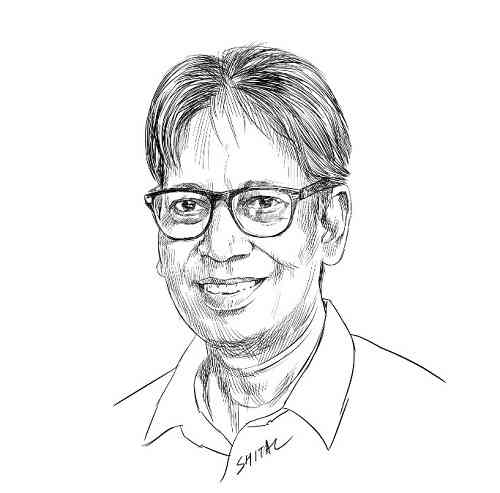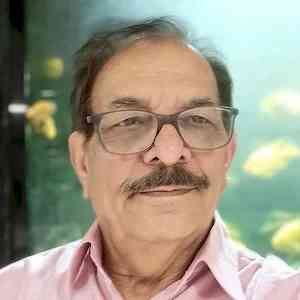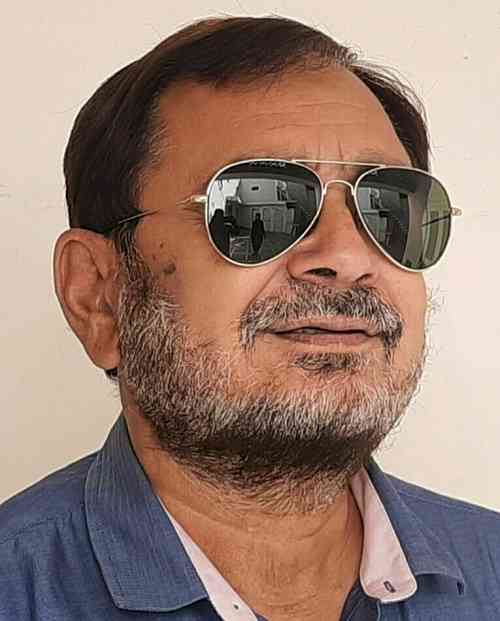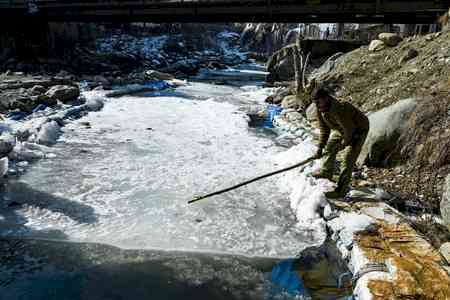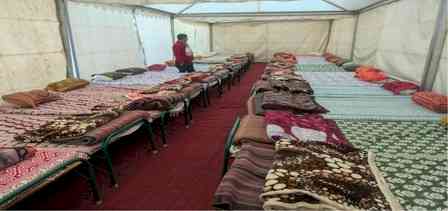The waste management challenge
Written by Swati Tiwana PCS
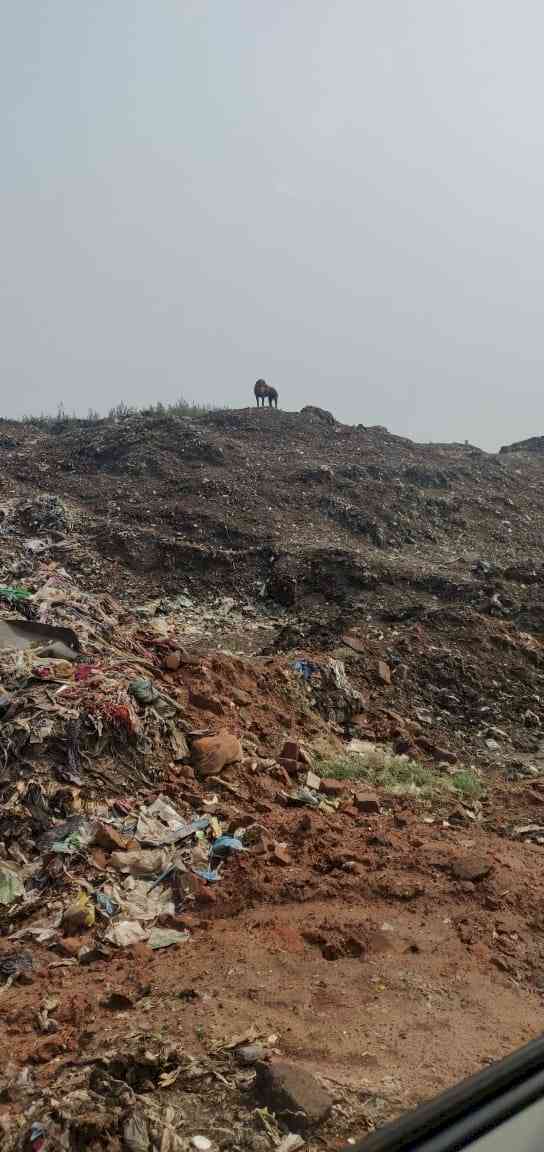
It will be no exaggeration to say that in modern times waste management has become the biggest challenge that state authorities face to manage and ensure the building of sustainable and liveable cities. Not just the quantum of it but its transportation, processing and disposal looks indomitable at the backdrop the constraints posed by resource crunch (as it compromises almost 30%-40% of municipal budgets) along with lack of know-how, integrated systems that are efficient, sustainable, and socially supported.
It’s a monster that has been created by each one of us collectively. We all are equal stakeholders in this modern-day problem and therefore the solution too has to come from us all. Formally, it is the responsibility of authorities and they are accountable for it that the latest Solid waste management (SWM) rules of 2016 are implemented furthering the cause Swachh Bharat Mission under the constant monitoring of the National Green tribunal and state missions established for this cause. At the same time, it is the duty of every citizen of this country to imbibe a sense of voluntarism and contribute in this mission. Taking the case of Ludhiana, 3,50,000 households generates a daily waste of 1100 MT, good enough to fill 30 rooms of 12 X 12 X12 dimensions to the brim every single day along with legacy waste to the tune of 16 lakhs MT which has been accumulated over the years. The sheer numbers are overwhelming. If all these households ensure that their green waste is composted at home, this quantity will go down drastically, reducing both financial and managerial burden in the most sustainable way. The easiest way to contribute in this endeavour is to adopt the principle of reduce, reuse, recycle: by vowing to never use plastic bags while making daily purchases. After all, public participation is one of the four pillars of Swachh Bharat revolution. It is time that citizens don’t just remain passive receivers of public services but become active stakeholders in local public administration.
Since 2016, Ministry of housing and urban affairs is conducting annual cleanliness survey known as Swachh Survekshan with the aim of generating large scale citizen partnership in the mission. It’s the largest survey of its kind. It helps to gauge that what has been done, what needs to be done and how it is being done by the other better performing Urban Local bodies (ULBs). For a ULB like Municipal Corporation Ludhiana (MCL), competing in Swachh Survekshan tests the endurance of all who are involved in the cleaning and sanitation of the city. With the consistent efforts to implement SWM Rules 2016, for the first time Ludhiana has been awarded one of 129 awards being given away by Hon’able Prime Minister at Swatchh Mahautsav today. There is a long way to go but with this award there is an assurance that we are on the right track.
We all have to develop this understanding that waste is not public or private. Waste is not ours and theirs. Waste is not urban and rural. Waste has no nationality or locale. Waste affects humanity. Waste affects the future of our coming generations. The action of eradication of waste has to be at every level and it starts from an individual household. Because its only with the collective effort that we can surmount this monster.
Milestones to be achieved for SS2021:
• 100 % door to door collection
• 100% segregation
• 35000 households doing home composting
• Bio remediation of legacy waste.
• Reclaiming all garbage vulnerable points
• Reduction of quantity of daily waste generation by 30%.
• Scientific collection and management of Construction and demolition waste.
• Streamline working of MRFs and static compactors.
• Better monitoring through IT tools
• Training and capacity building of staff.


 cityairnews
cityairnews 
